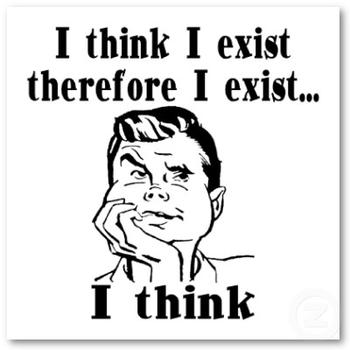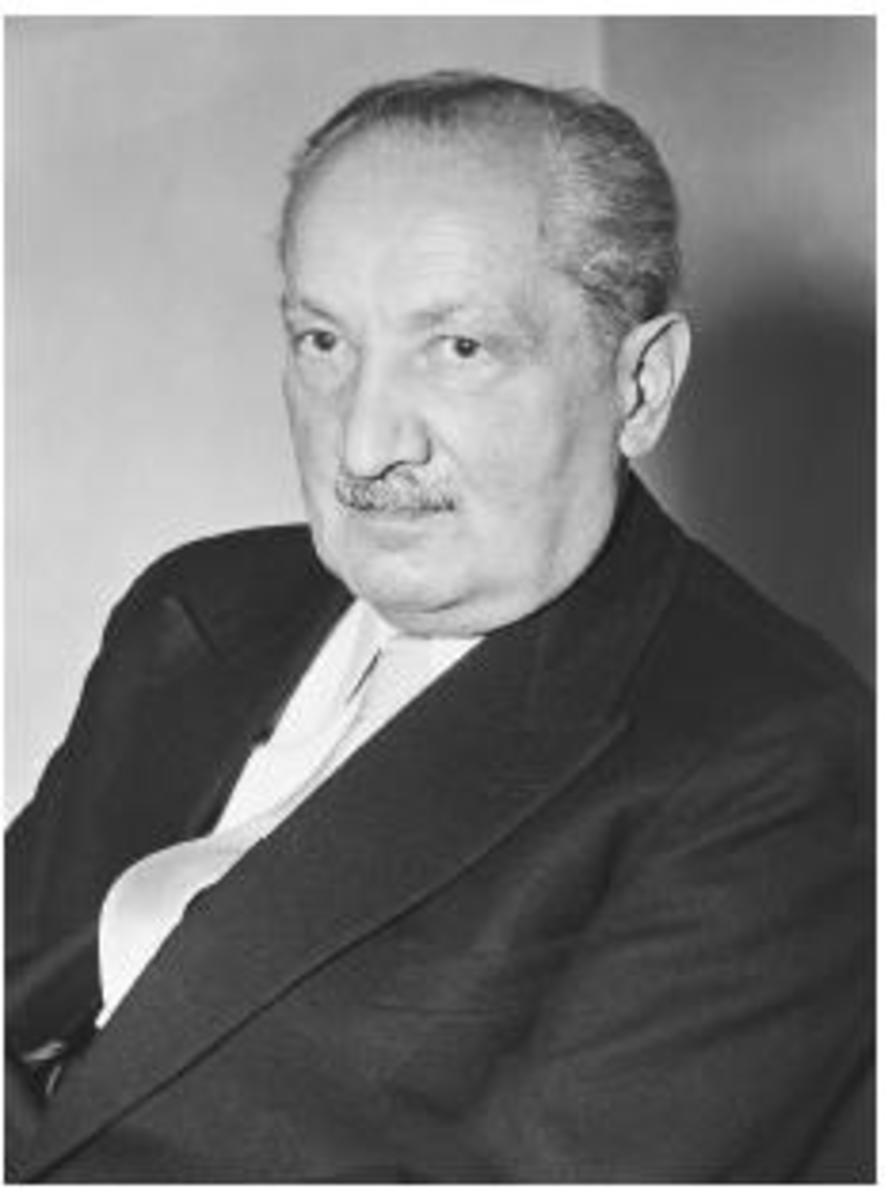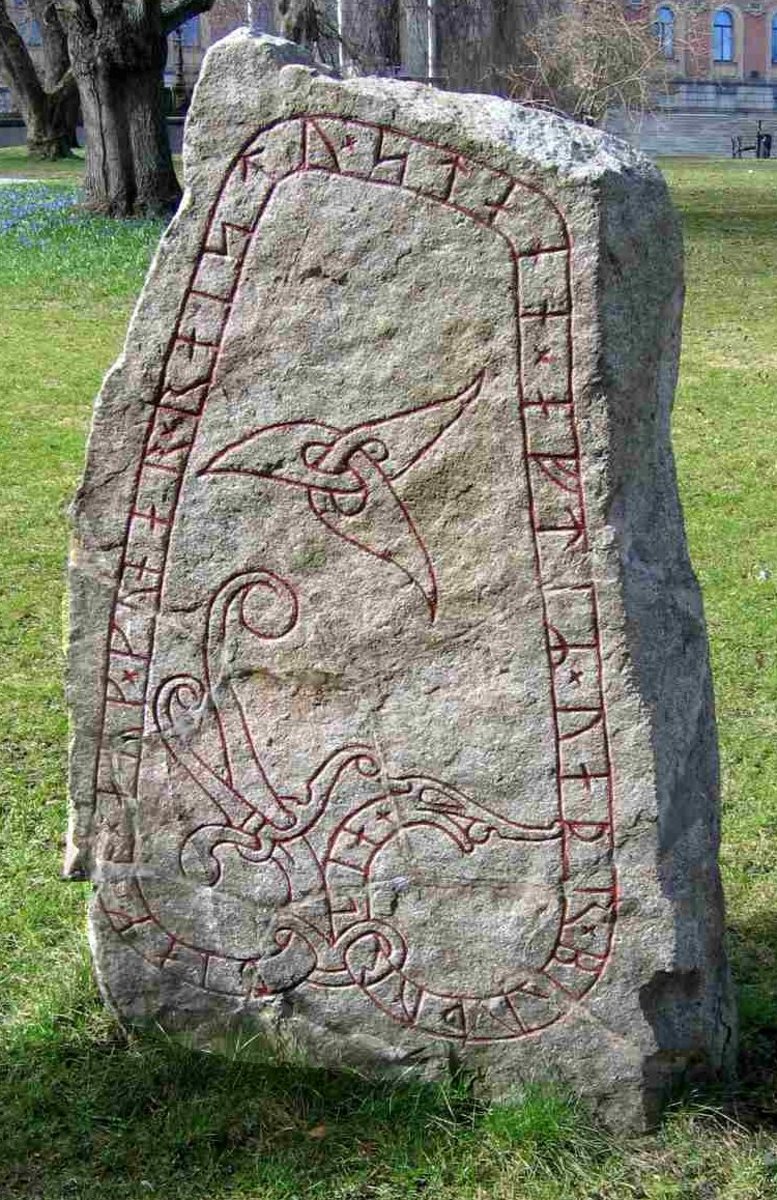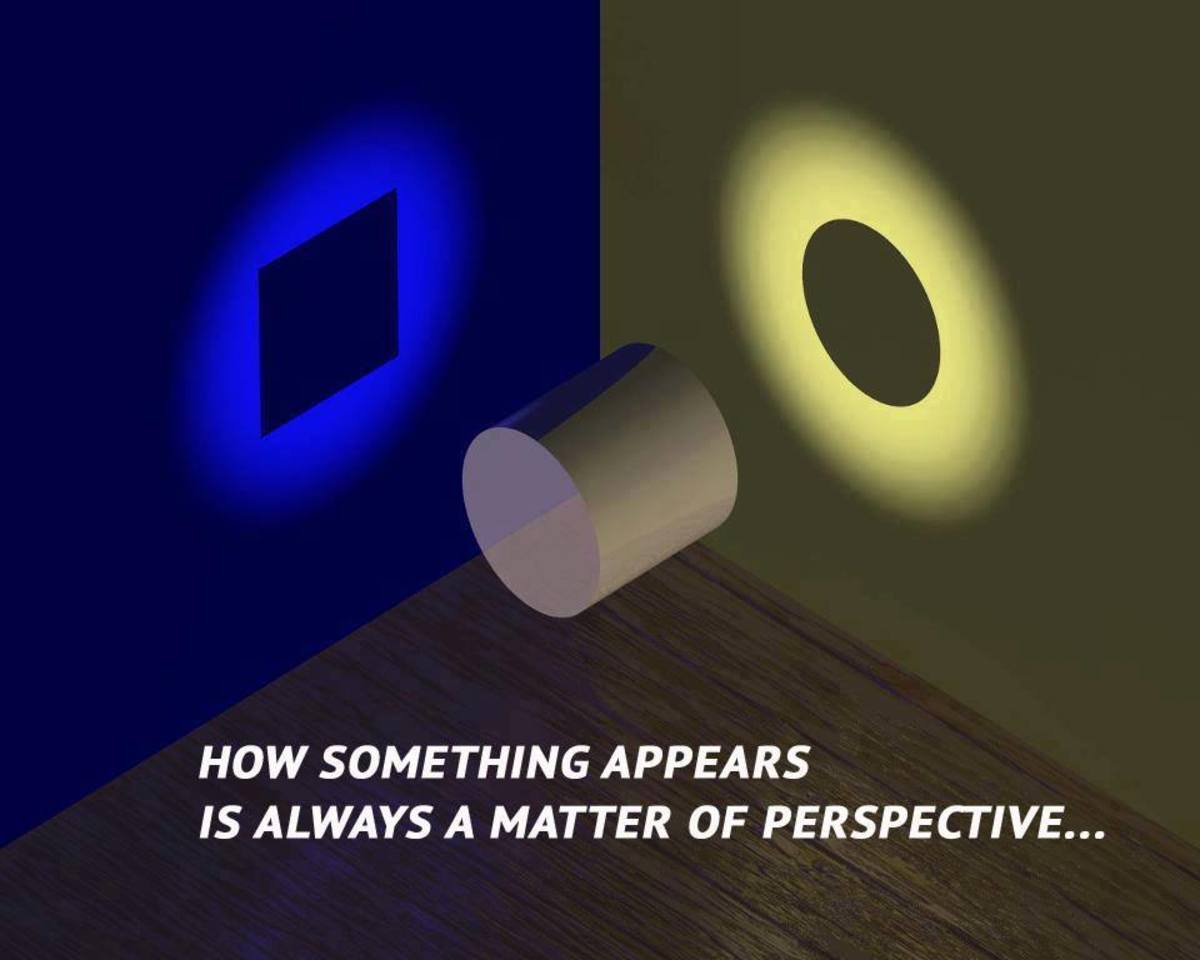Philosophy of the Self

Introduction
Questions of the nature of the self and whether or not we can gain an understanding of ourselves are integral to human nature. This article seeks to provide some satisfying answers on the nature of the self. The questions this article tends to are: is the human self observable?Also, does the self even exist? Does the self exist timelessly (for eternity). Additionally, is the self observed as a whole or just its parts?
Defining the Self
First, before the self can be recognized in any theoretical way, it must be established what the self is. The self is the totality of an individual person and is independent of others. In other words, the self is an individual’s own body and mind. Since the self is limited within the confines of one’s body, no one can possess another’s self. No one can have operation and feel the experiences of another’s body and mind. Thus, the self is an independent existence of both body and mind.

Can we Observe the Self
This independent body and mind that is characterized by a self is definitely observable. If one can be aware of a self, then that particular self is observable. Awareness of the self is attained when one knows of the existence of his or her self. This knowledge of the existence of the self is proven by ‘I’ thoughts (Sorabji, 2006, 22). When one says “I,” one is referring to one’s self, which suggests that one has knowledge of his or her self existence. For example, when one says, “I want,” that person is only referring to his or her own body and mind’s wants, not the wants of anyone else. This knowledge of the ‘I,’ as having a separate existence from others and being contained within one’s own body and mind, reveals an awareness of that self. Awareness of the self allows one to be able to observe the self because the self is observable as long as its existence is known.

Does the Self Exist?
Also, the observability of the self necessarily implicates that the self exists. Because, by definition, something is observable if its existence is known and something definitely exists if its existence is known. Knowledge ensures truth; therefore, it cannot be denied that the self exists if it is observable. .
Is the Self Timeless?
The self cannot exist timelessly. Constantly changes occur within the body due to its mechanical processes (digestion, decay, etc.). If a change occurs in the self, then it cannot be identical to the self before the change. This is because a change is an actualized difference in something and something cannot be identical to another thing if any differences exist between the two, no matter how miniscule the differences may be. So, because changes occur in the self, it cannot exist timelessly. If you still doubt that changes constantly occur, look at the process of cause and effect, which makes the concept of time able to be realized. Every moment there is a cause, such as walking into a stone on the ground; this leads to an effect, such as tripping which ultimately may lead to a few cuts and scrapes. These cuts and scrapes exhibit a difference from the past, unscathed body, before the person tripped, and the current bloody body. This process of cause and effect necessitates changes because an effect is a change resultant from a cause. Since time cannot possibly exist without cause and effect moving it, and thus changes occurring, the self, nor anything else for that matter, can exist wholly identical throughout time

Can we Observe the Whole Self?
But, can we observe the self as a whole, or only the particular aspects of the self? Hume argues, in his bundle theory of particulars, that “our idea of any mind is only that of particular perceptions” (Chisholm, 1969, 277). Hume, believing that the mind was synonymous with the self, is saying that the particular aspects of the self can only be known. We cannot experience the whole self. On the other hand, Chisholm believes, “the object of our idea is not a set of qualities…” but it is “the concrete thing” that possesses those particular qualities (Chisholm, 1969, 278). To put it another way, Chisholm thinks that we do not perceive only certain qualities of an object, but that we perceive that object as a whole. This applies to the self because when we think of our self identities we do not name off certain qualities that the self, we perceive, has. As an illustration, one does not say, “I have intelligence;” but, one would say, “I am intelligent. The self does not possess the qualities; in our perception, it is the mixture of the qualities. Consequently, the self is observed as a whole, not a bundle of qualities, as Hume argues.
Philosophical Summary
A: Is the self observable?
- The self is the body and mind of an individual person.
- Self is observable if its existence is known.
- ‘I’ thoughts refer to one’s own body and mind: the self, according to 1.
- A reference to something proves knowledge of its existence.
Conclusion: Thus, self is observable.
B: If the self is observable, then does it exist?
- Conclusion of A: Self is observable.
- 2. of A: Self is observable if its existence is known.
- The existence of the self is known.
- Knowledge ensures truth.
Conclusion: Thus, the observability of the self proves its existence.
C: Does the self exist timelessly?
- Law of identity: two things are identical if they are exactly the same.
- Process of cause and effect is a process of change.
- Changes always result in a difference.
- Indiscernibility of Identities: If two things are identical then they are indiscernible.
- Time can only be perceived if one can observe a difference from one point to another.
- 1, 2, 3, 4, and 5 prove that time needs the process of cause and effect, constant changes, in order to be discerned. Without changes, nothing would ever become different; without differences, everything would remain identical and thus indiscernible; if one cannot discern from one point to another then one cannot discern time.
- It is impossible to remain identical through time because time necessitates change.
Conclusion: Identical self cannot exist timelessly.
D: Is the self observed as a whole?
- We observe self as something that is; not something that has.
- Something that is, necessitates its whole being.
Conclusion: Self is observed as a whole.
References
Chisholm, Roderick (1969). “On the Observability of the Self.” Philosophy and Phenomenological Research 30 (September):7-21.
Sorabji, Richard (2006). “Self: Ancient and Modern Insights about Individuality, Life, and Death.” The University of Chicago Press: Chicago.








